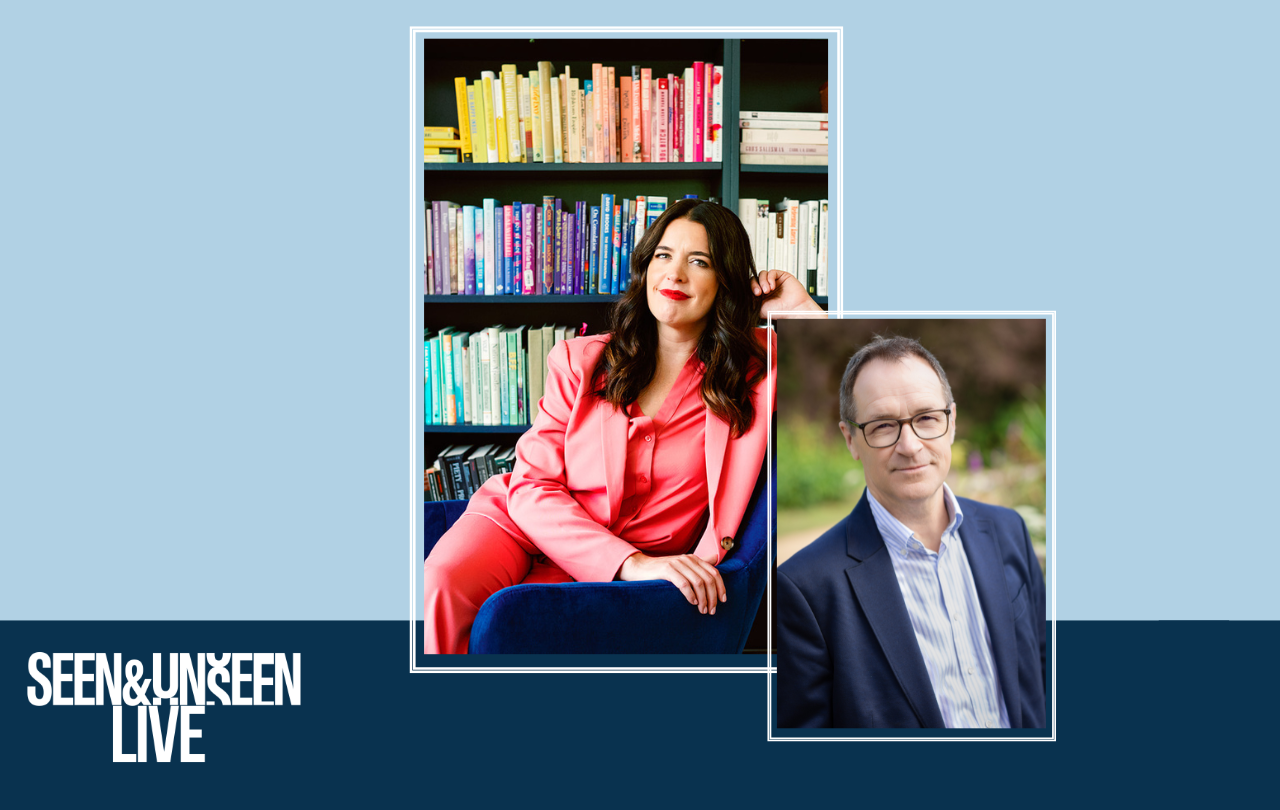I love reading, but I’m not very well read. As is often the case, a curmudgeonly teacher quashed any interest I had in literature in my last few years of school; the increasing creep of technology and social media into my life means my diminishing attention span often makes reading seem a herculean task. It’s a long time to sit still and not doomscroll.
It’s only in recent years that I’ve rediscovered a love of reading. As part of this, I’m trying to right some literary wrongs.
Okay, confession time: I’ve never read anything by Jane Austin, the Bronte sisters, George Elliot, Tolstoy, or Proust. I haven’t read The Lord of the Rings or Moby Dick nor To The Lighthouse or Heart of Darkness. I know. Bad, isn’t it? I could go on, too …
I love reading, but I’m not very well read.
And so I’m making an effort to read some of the Great Books of the canon. At the moment, I’m reading Don Quixote by Miguel de Cervantes. Crucially, I’m reading Edith Grossman’s 2003 translation of the novel. It is an absolute joy.
I had heard that it was deeply funny, and a work of genius; neither aspect of the text has been a surprise to me. But there’s something about Grossman’s translation in particular that has caught me off guard: the mistakes.
Not any mistakes by Grossman. I know nothing whatsoever about Spanish, let alone 17th Century Spanish (another dream crushed by another teacher), but the English text is a marvel. Eminently readable and funny without compromising the occasional complexity of Cervantes’ prose.
No: I mean the mistakes by Cervantes himself. Early on, a footnote from Grossman points out that Sancho Panza (Don Quixote’s long-suffering squire) refers to his wife using several different names throughout the text. Without Grossman’s footnotes, I’m sure I would have overthought this. What is the author trying to say about Sancho Panza? Is it a comment on his intelligence? Or the character’s view of women, perhaps? Am I just too dense to understand what’s going on here?
Grossman’s assessment? It’s just “an oversight”. A mistake. And quite a basic one, at that. Later on, Cervantes divides up his chapters, using those brief sentences summarising their contents that are common in this period (“Chapter III, In which …”). But they’re all wrong. Things are said to happen in Chapter X that don’t actually happen until Chapter XV; the chapter summaries are a mess, frankly.
One of the things that made me reluctant to read Great Books for so long is that they’re intimidating. They are certified Works of Genius and therefore probably a bit much for my little brain to digest. Many of the archetypical Great Books compound this by being incredibly long, too: think Dostoevsky, Tolstoy, Proust, or even more recent candidates like David Foster Wallace’s Infinite Jest or Olga Tokarczuk’s The Books of Jacob. Don Quixote itself runs to nearly 1,000 pages long; it carries a literal and literary heft to it.
But there it is. Full of mistakes.
It turns out to have been quite an opportune moment for me to read Don Quixote. I’m in the final stages of preparing for my second book to come out. (It’s an academic Christian theology book, so will probably sell slightly less than Don Quixote but will certainly cost much more to buy). This means it’s been quite a stressful season for me, as I try to catch any lingering mistakes that might have somehow slipped through the myriad rounds of copyediting, or find myself wondering if the book isn’t just so bad that I’m going to be forced to return my PhD, leave academia forever, and by sued by my publisher for besmirching their good name by association.
This has also been a time of being deeply frustrated with my own humanity. Why aren’t I a better writer? Why can’t I spell properly? Why aren’t I more creative? Why aren’t I better at this? Why am I so … limited?
As an academic, imposter syndrome never really goes away. You just learn to cope with it. And reading Don Quixote and seeing these mistakes in the text has helped me reframe who I am, and my own limitations. Here is a text that is human; completely and utterly human. And so, naturally, here is a text with mistakes; text that is imperfect and flawed. And therein lies its part of its charm. It is rough and coarse, and I love it for that. The mistakes in Don Quixote haven’t detracted from my enjoyment of the text, they’ve enhanced it. They’ve underscored the beautiful humanity that is so evident in Cervantes’ work.
The Christian Bible is at pains to tell me that I am “fearfully and wonderfully made,” as the Psalmist puts it. I can be so quick to forget this when I focus all my attention on my limitations, and flaws, and missteps. This is why I’m so grateful for Grossman’s translation of Don Quixote. Above all else, I’m grateful for its mistakes. Like me, it is utterly human. Like me, this means it is utterly flawed. Like me, that makes it a work of utter beauty.
Don Quixote is helping me to recognise the inherent beauty of my limitations as a creature. In doing so, it’s helping me to recognise the inherent beauty of the One who created me. It’s helping me to fall more in love with the God who sent His Son to Earth to become human like me, to revel in and live alongside me in my humanity. Warts and all.






